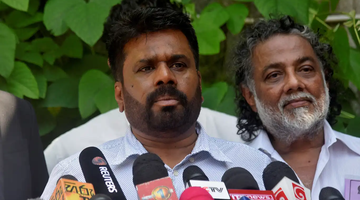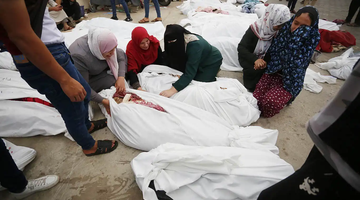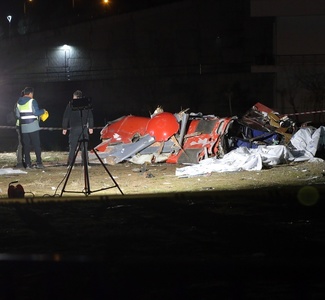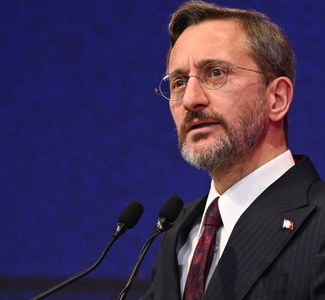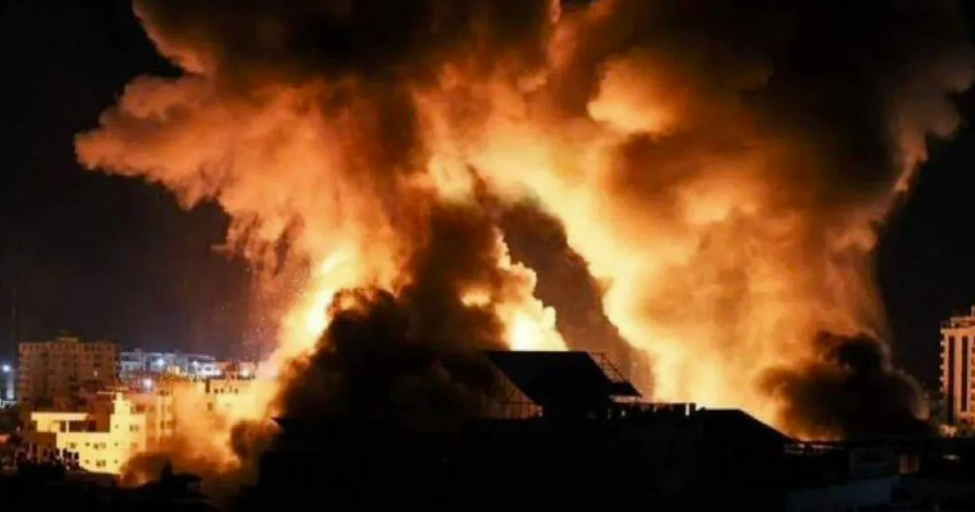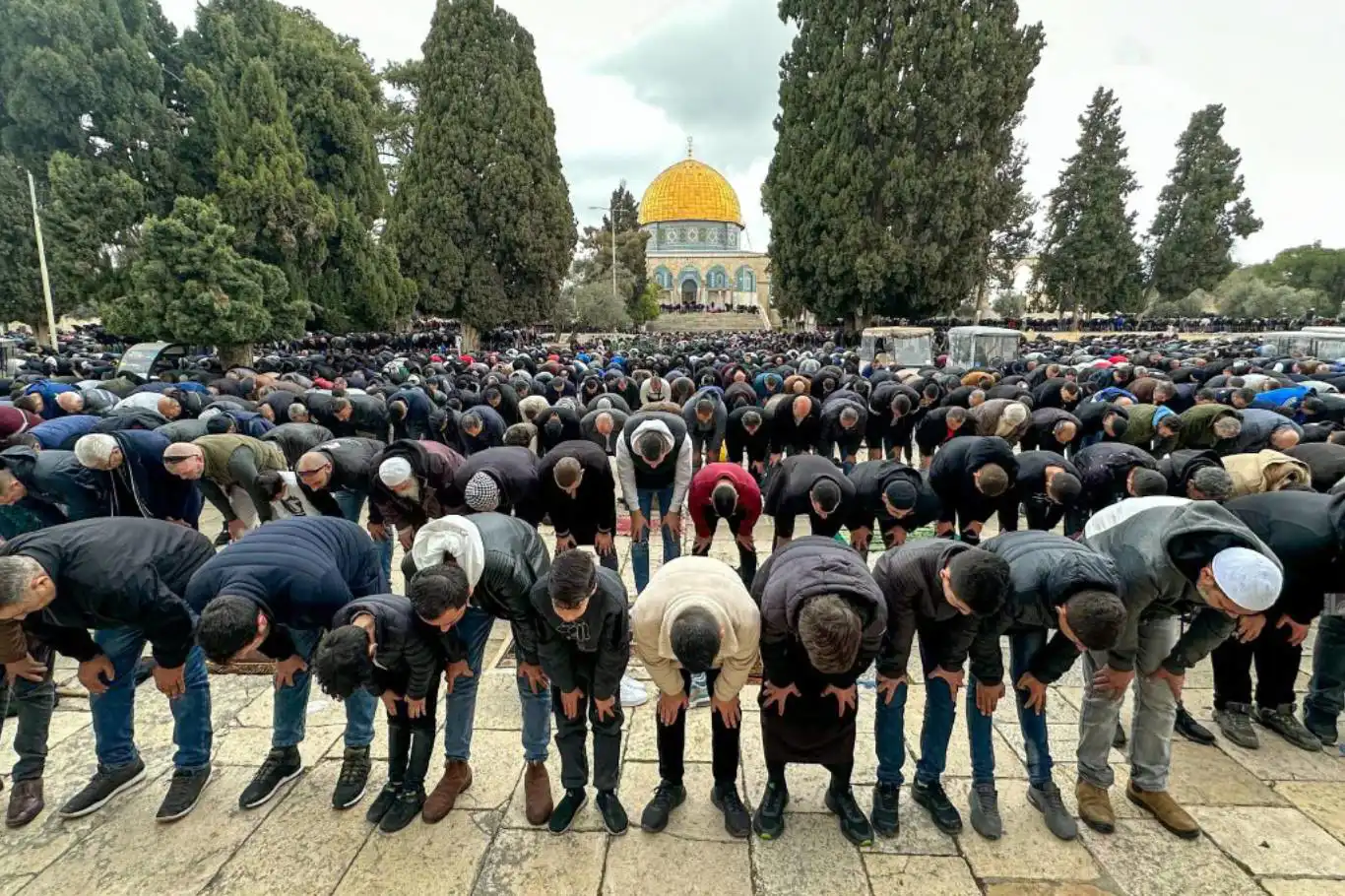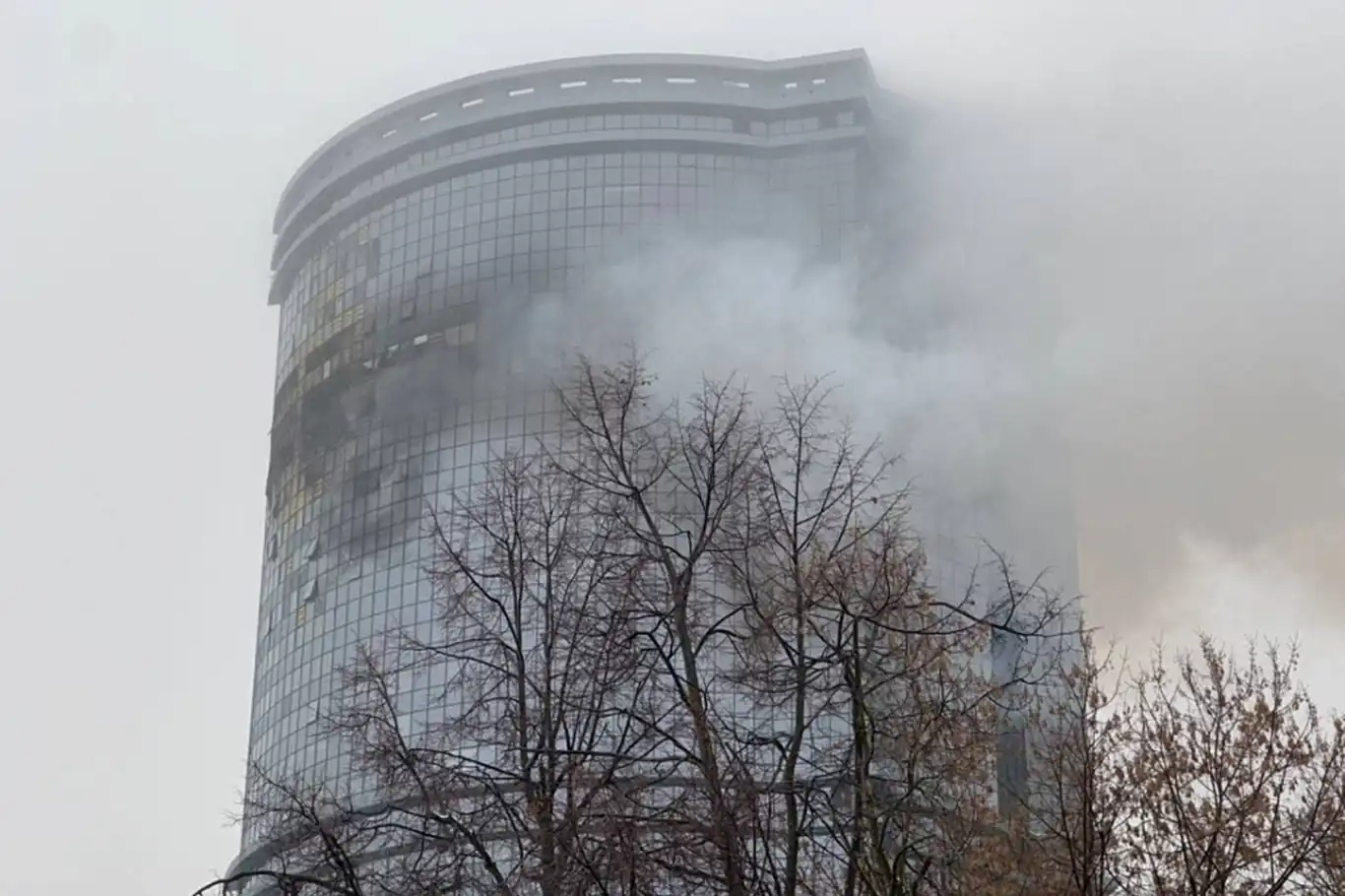Madrasas: Guardians of knowledge and social values in Islamic civilization
The Union of Scholars and Madrasas (ITTIHADUL ULEMA) has issued a statement highlighting the pivotal role madrasas play in society, emphasizing their contributions not only to religious scholarship but also to various fields of science.
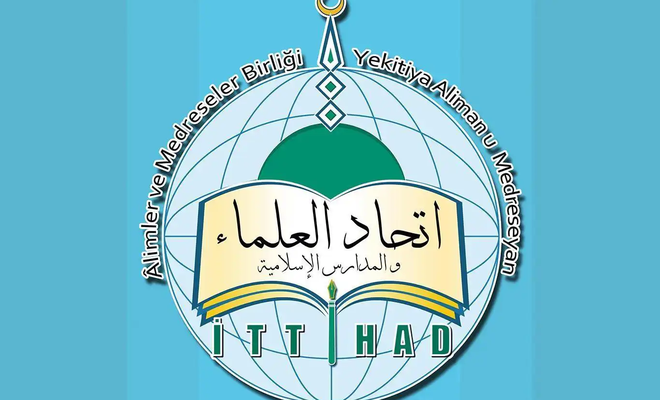
 Google News'te Doğruhaber'e abone olun.
Google News'te Doğruhaber'e abone olun. These institutions, deeply rooted in Islamic civilization, serve as a cornerstone in the preservation and dissemination of both scientific knowledge and social values.
Madrasas, as noted by ITTIHADUL ULEMA, are among the oldest educational institutions in the Islamic world. They have long been at the forefront of both religious and scientific education, fostering a culture that values learning across all disciplines. Historically, madrasas have been instrumental in nurturing scholars who have made significant contributions to fields such as philosophy, astronomy, mathematics, medicine, and literature.
The union’s statement underscores the importance of these institutions, not only as centers of religious learning but also as hubs for scientific and cultural growth. The madrasa tradition has been a vital part of Islamic civilization, from its early development during the advent of Islam through its institutionalization in the Seljuk and Ottoman periods.
Contributions to Islamic and Western Civilization
One of the key points raised by ITTIHADUL ULEMA is the profound influence that scholars trained in madrasas have had on both Islamic civilization and the Western world. Figures such as Ibn Rushd (Averroes), Al-Jazari, Jabir b. Khayyam, Biruni, and Al-Ghazali have left an indelible mark on global intellectual history. Their work, which spanned various branches of knowledge, was characterized by a unique synthesis of rational and physical sciences with religious understanding. This coherence allowed madrasa scholars to contribute to the development of science in both the Islamic world and beyond.
Madrasas, in this context, are seen as institutions where science and wisdom are interwoven, fostering an environment in which scholars are not only educators but also social leaders. The graduates of madrasas often assume roles as societal guides and statesmen, upholding Islamic values while contributing to the political world.
Preserving Social Values and Moral Integrity
Beyond their academic contributions, madrasas have played an essential role in preserving and transmitting social and moral values. The statement from ITTIHADUL ULEMA underscores how these institutions have become exemplars of ethical conduct, with scholars from madrasas serving as models of virtue in their communities. Their role goes beyond the dissemination of knowledge; they act as guardians of the moral fabric of society, embodying the principles of Islam in their daily lives.
The Legacy and Future of Madrasas
The statement also addresses criticisms aimed at madrasas, particularly those that label them as outdated or backward. ITTIHADUL ULEMA refutes these claims, emphasizing that such accusations fail to recognize the historical and scientific contributions made by these institutions. The madrasa system, which blends science and wisdom, has been a wellspring of knowledge throughout human history, and its legacy continues to thrive today.
As modern societies face challenges such as moral decay and a disconnection from traditional values, the role of madrasas becomes even more relevant. According to ITTIHADUL ULEMA, these institutions are not relics of the past, but vital contributors to the future, offering a balanced approach to both religious and worldly sciences.
Madrasas, as emphasized by ITTIHADUL ULEMA, are more than just centers for religious study. They are dynamic institutions that have shaped the course of Islamic civilization and influenced the broader world. By preserving knowledge, fostering intellectual growth, and upholding social values, madrasas continue to play a crucial role in both past and contemporary Islamic societies.
Their contribution to humanity, through the scholars they produce and the knowledge they impart, remains invaluable. As ITTIHADUL ULEMA affirms, madrasas will continue to serve not only the Muslim community but humanity at large, upholding a tradition that blends science, wisdom, and moral guidance. (ILKHA)




























